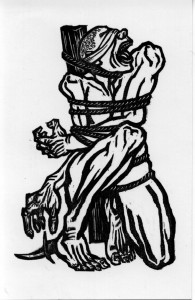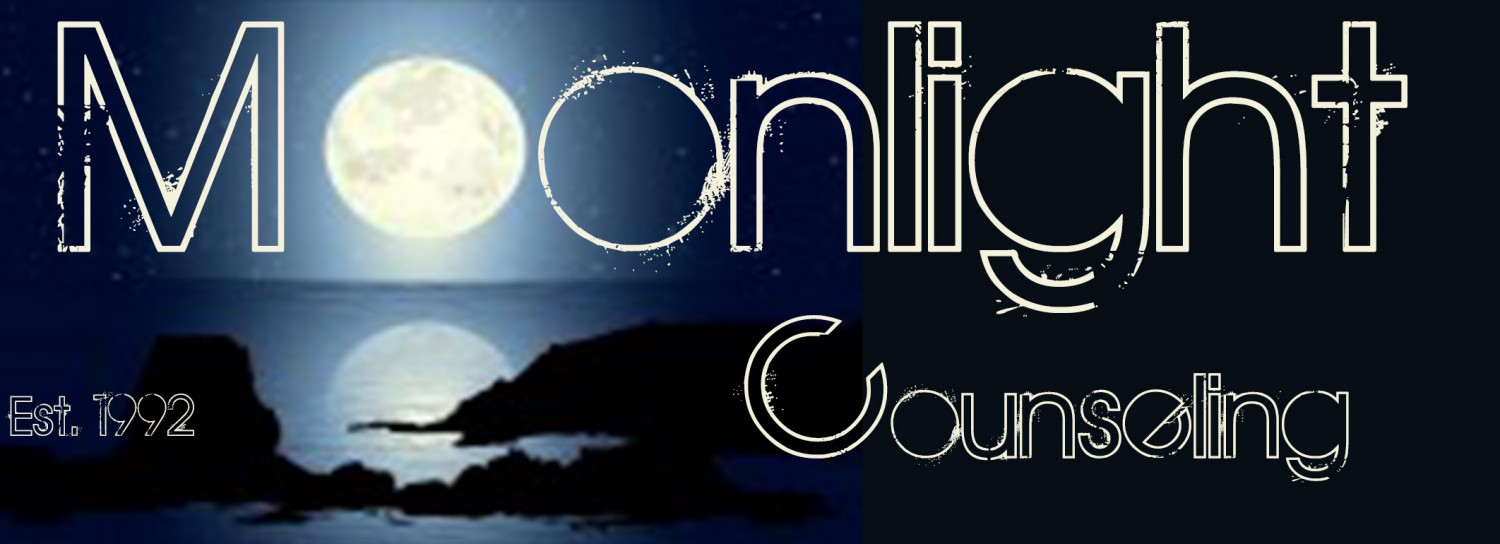-(Essay) The Problem With Trouble
BY ARTHUR ROSENGARTEN
Essay
“In all chaos there is a cosmos, in all disorder a secret order” wrote the Swiss founder of Analytical Psychology, C.G. Jung. Nowhere is this irony more evident than in the everyday lives of ordinary people. No matter how skilled we’ve grown in plugging the holes, the illusion of control jumps back like a yapping Schnauzer and bites us in the tightened buttocks of “business as usual.” The world of conventional reality is a manufactured cosmos of deluded chaos; it scratches its dense skull in search of the only remedy it knows: the pursuit of perfection.
That slow leaking tire, running nylon, or bad-hair day, the ‘B’ you thought was an ‘A’, the surcharge and fine print, ALL conspire to dissolve the joy you’ve envisioned for a flawless day. The state of perfection is outright libel, though no laws protect us from its rampages. The impeccable is “oh so peccable,” the impeachable so easily impeached!
Flawlessness is itself a flawed vision (of perfection). To the contrary, “flawfulness” is perfection’s secret virtue—rendering the current strange construction of “the perfect” virtually null and void. The odd is, in effect, the beautiful. The anomaly that generates brilliance in a quartz crystal–that which is most different, most natural, most striking and unique, most “FLAWED” (if by that we mean “least commonplace”)–makes for a thing’s true beauty and character, its atypicality. And naturally, this is not an indistinct, uniform, degree of “flawlfullness” which might then be “reproduced to perfection.” (The Pet Rock only works once!); one must never attempt to redo the undone. Certainly this brought the death knell to rock n’ roll in the seventies.
Even the gods and goddesses sprout an occasional blemish, and the real deal is closer to the trashed “Out-Takes” in the film editor’s dustbin than the perfect teeth made from plaster of Paris implants in the Hollywood state of the mind. Sacred mistakes (because nature made them as they are) capture the trouble we’d rather not know we have. Here we “make” the boat we’d actually be better off “missing.” The aftermath isn’t pretty or inspiring. Culture dies another vital strand each repeat performance for which the great monolith is reflexively imitated. The perfect game every day. Desperately, though blindly, we recalibrate our slipping ‘predictometers’ hoping to lock-on to the emerging assets of the best case scenarios of our castles-in-the-sand reality.
Dying modernists that we are, we sorely regret the inconvenience, dissolution, the shifting of gears. IT was our mother, and we remain attached to the predictable outcome like goat cheese on gourmet pizza. When (mis)constructions of the “perfect picture” are not matched in actuality, when life takes on that “almost but not quite” taste, we filter away to masturbatory memories (of perfection) before the dreaded real reality returns. We want the Hollywood moment-–the perfect teeth and triumphant skies. “Jesus, it’s good.”
The cosmos thus appears contained in our small-mindedness. Briefly life feels unwrinkled and cooperative. Uncle Gino receives a hopeful second opinion. And a secret order may be plucked out from one’s vortex of disturbance. Good news. It bears no abeyance whatsoever to the clocks and cashiers of the conventional order. We must respond now as artists, not the usual escape artists. We can now use our natural materials with no mention of perfection.
This strategy goes to the heart of what I fondly call “the problem with trouble.” Rebounding too quickly from trouble denies us a rare opportunity— the wisdom of natural chaos. As the commentary to the third line of “Difficulty at the Beginning” (in the Chinese Book of Changes) states:
If a man tries to hunt in a strange forest and has no guide, he loses his way. When he finds himself in difficulties he must not try to steal out of them unthinkingly and without guidance.
The hexagram further tells us:
“Fate cannot be duped; premature effort, without the necessary guidance, ends in failure and disgrace.”
The problem with trouble is that we are a mad, trouble-fixing, people. We fix to fix (and function to function), and typically miss entirely the secret order that an honest barrel of trouble provides us. The sages called this ‘Fate”:
It is only a matter of time before we meet it. Fate is not antagonistic or vindictive; it is there to teach us, in an impersonal way, that the goal may not be gained through false means. (Carol K. Anthony)
Fate is not the way out of trouble but, paradoxically, the way into it. Thankfully, fate-born-of-trouble stymies our misguided pursuit of perfection—and returns us to what matters, ourselves.
(1994)
For more of Dr. Art’s writings, go to Far-seeing Art https://artrosengarten.wordpress.com




